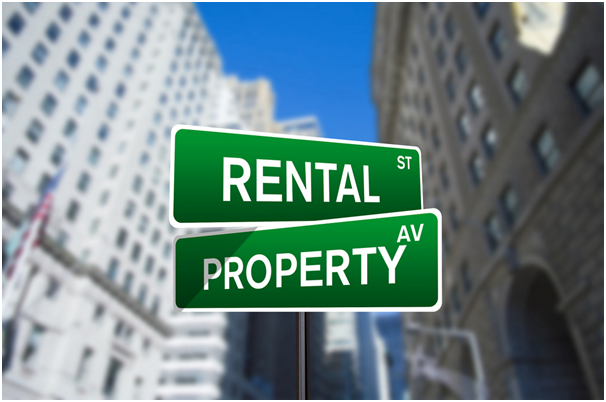Investing in rental properties is regarded as a great opportunity to achieve a monthly cash flow and build wealth; however, this is not for the fainthearted. This guide, along with due diligence and formal investment advice, can provide some useful information.

Location, location, location
It may be an age-old tip, but picking a great location is key. Choosing a property in the right area will ensure long-term financial gains, making your property a valuable investment.
Carefully check the property’s proximity to public transportation, major roads and – vitally – schools. Thoroughly research the rental prices in the areas you want to view and consider the minds of the tenants you would attract; for example, if located in a university town, it is important to consider what students would want, the locations they would consider and the maximum distance from their campus.
Be careful not to overestimate what your property is worth to avoid below-market rents and long-term vacancies. Sheffield is considered the best postcode for buy-to-let properties.

Your property as a business
Think of each property as a business of its own and estimate your rental income accurately, working out leasing costs carefully.
A property should have a good rate of return and a positive cash flow. There are some heavy costs to bear in mind, such as debt or mortgage services, insurance, taxes, property maintenance and property management costs.
Eviction, vacancy and turnover are the realities of leasing all properties, with most landlords assuming they will lose one month’s rent each year.
Starting small
The best way to begin investing is to start with a small, affordable investment, such as a single bedroom flat, rather than a larger, less manageable property. If your investment takes a turn for the worst and you cannot pay maintenance or mortgage costs, you reduce the risk of bankruptcy in this way.
Resist any properties that need significant repairs while you are starting out, as you do not want to overextend yourself.
Property management
Consider the use of a property manager to help you. They will oversee the property, handle complaints, and ensure you have the right tenant. Companies such clients1st.ie provide property management in Dublin.
Ask for referrals for contractors, solicitors and any other property professionals who could help you in the future.


